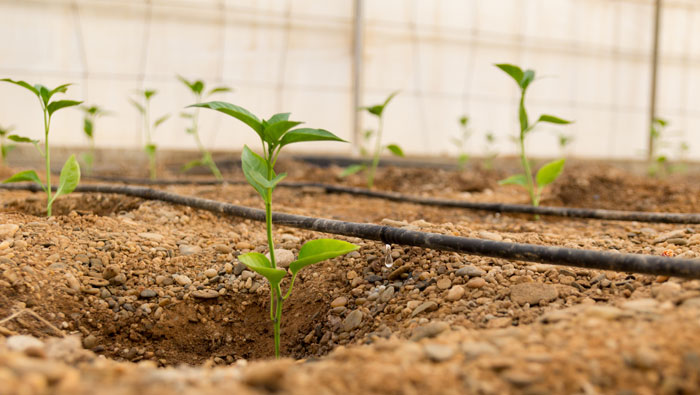
Muscat: Innovative policies on wastewater management and water consumption are essential for the sustainable development of water resources in Oman, an expert on water management said.
A scarce resource in the Arabian Peninsula, water in Oman is mainly consumed by agriculture farms, industries and households, with agriculture making up nearly 70 per cent of the total water used in the country.
Thomas Meijssen, founder of Consult 2050, a firm that advises institutions and policy makers on water policies and energy efficiency, believes that a sustainable supply of water can be achieved in the future if the right policies are put in place. “Recycling and reuse of wastewater is an excellent way to reduce the cost of water. Treated wastewater can be used for irrigation purposes, thus maximising the use of available water,” he said.
**media[814963]**
Most of Oman’s industrial and household demands are met by the expensive process of desalinating sea water. Some 1 million cubic metre of water is produced everyday by desalination plants and distributed via the water distribution network to houses, offices, shopping areas and industries. Wastewater is collected via the sewage network, which is still under construction, and treated at water treatment plants. Some 4-5 million cubic metres of water is used for irrigation purposes, most of which comes from underground wells.
“Due to over-pumping of the natural aquifers, water levels of the wells have been dropping. Also, near the coast in the Batinah area, some wells are showing higher salt concentration levels due to the ingress of salty sea water,” Meijssen added. The use of water efficient irrigation systems in agriculture, such as water drip systems, could significantly reduce the amount of water used for irrigation purposes. Closed water irrigation systems, such as greenhouses and water boxes, could also be used to increase the harvest with significantly less water usage.
“Financial incentives may be needed to make people more aware of the value of water and promote the use of water efficient systems.”
"We can start with installing meters in these wells to understand how much water is being pumped out by each of them. The next step can be financial benefits and penalties depending on the use of water. This is very important for sustaining groundwater levels,” he said.
The oil & gas industry produces more than 1 million cubic metre of water per day as a by-product of extracting oil. Oman produces nearly nine barrels of water for every one barrel of crude oil produced. Oil & gas companies re-inject the water into the ground to support oil production.
At PDO’s Nimr wastewater treatment project, production water is used for irrigation purposes of reed beds. Efforts are ongoing to review whether this technique can be used for other crops too.
“It’s great to see how innovative thinking can help solve the need for water in Oman, and make sustainable water development a reality,” Meijssen said.